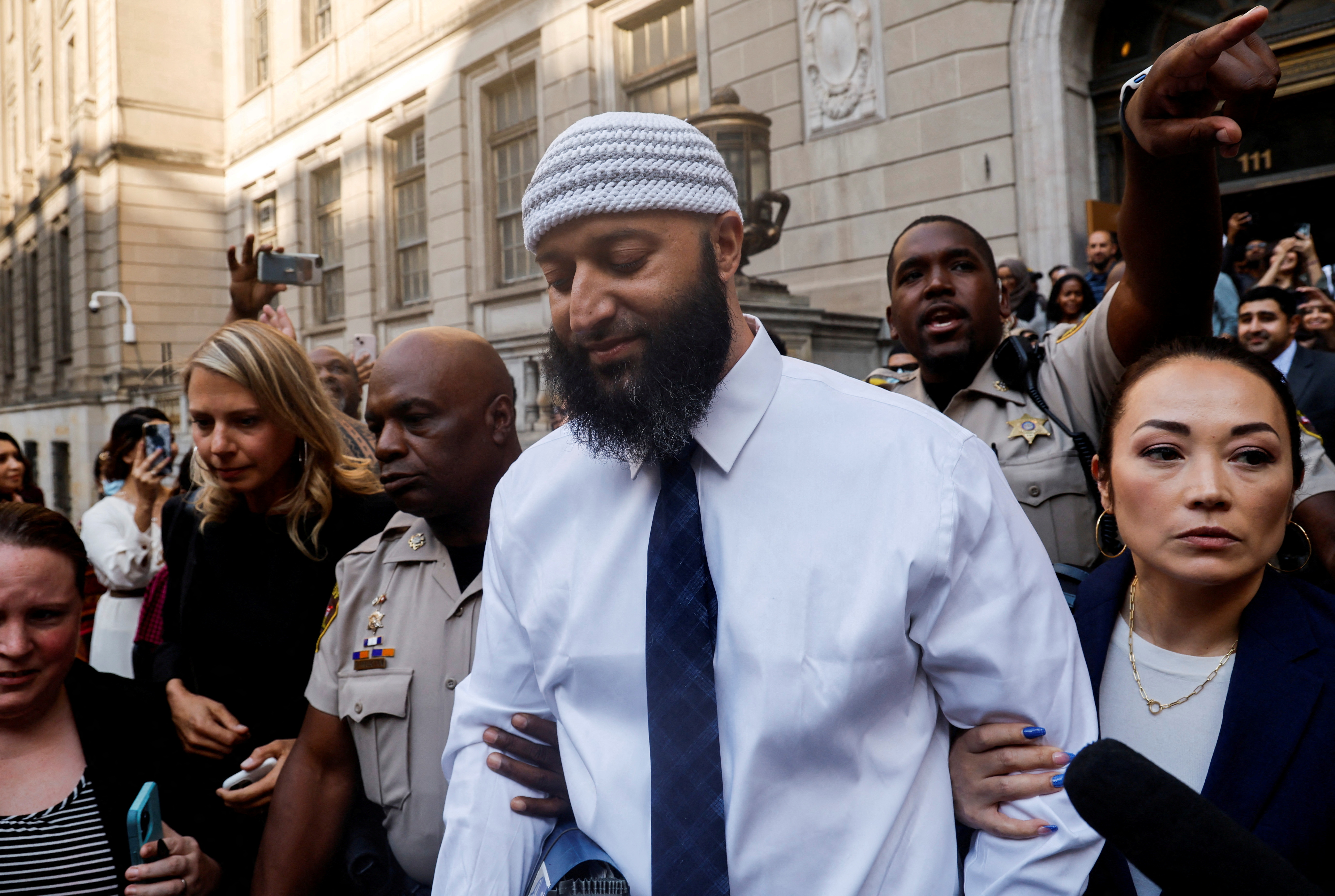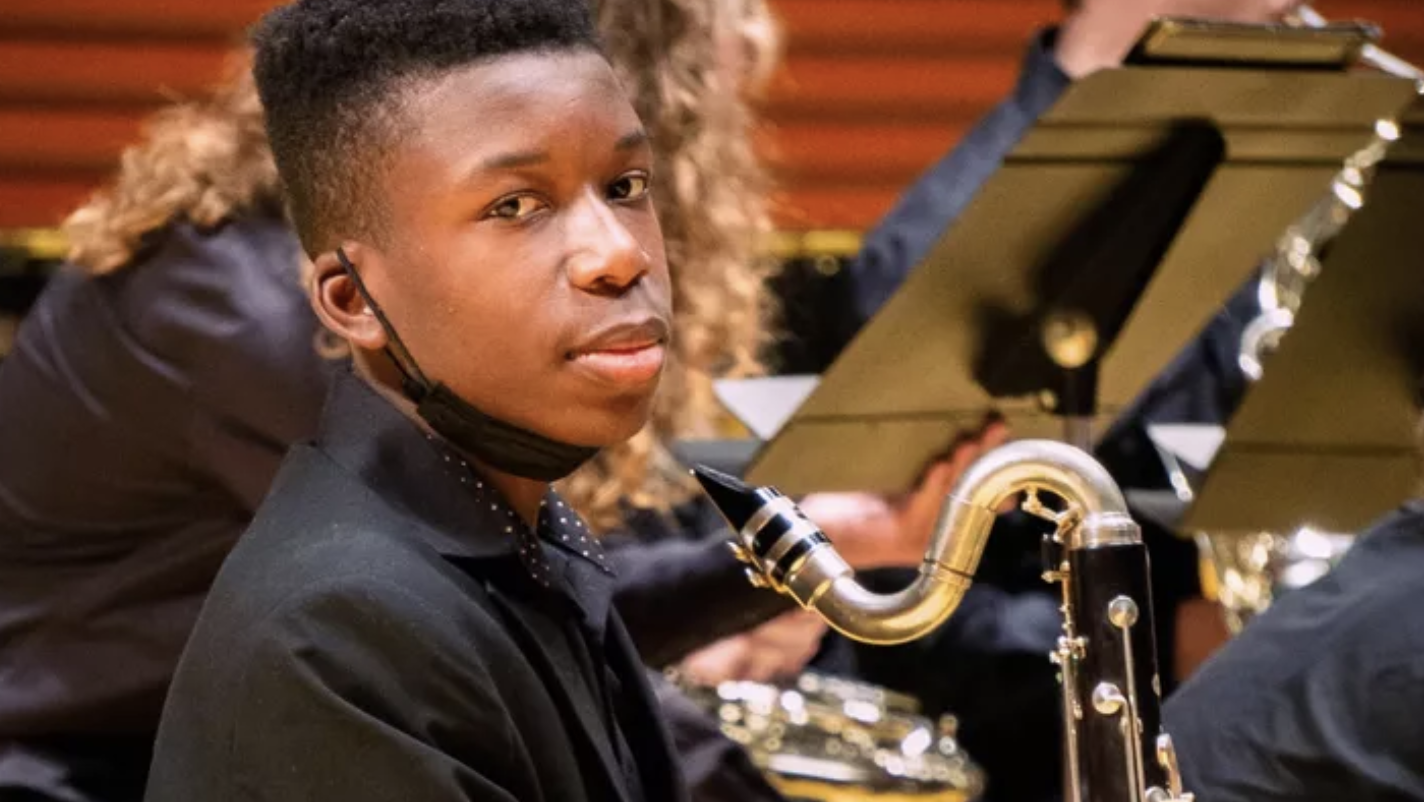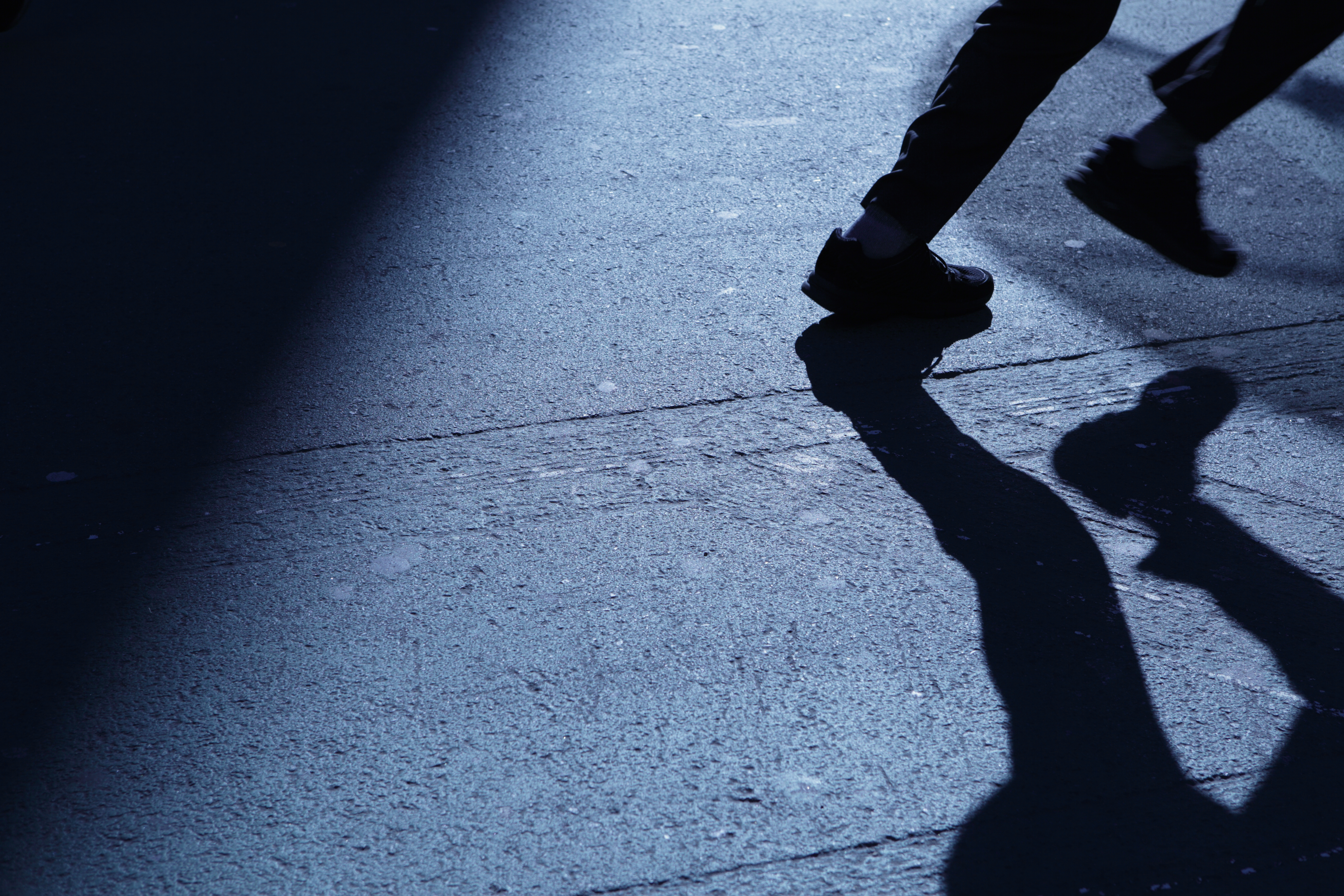The Adnan Syed case, explained
From the reinstated conviction to the original charges


A free daily email with the biggest news stories of the day – and the best features from TheWeek.com
You are now subscribed
Your newsletter sign-up was successful
The Appellate Court of Maryland recently ruled to reinstate the murder conviction of Adnan Syed, the subject of the Peabody Award-winning Serial podcast. The move comes after Syed was freed in 2022. Here's what you need to know about the case.
What is the background?
In 1999, about a month after she disappeared, the body of Hae Min Lee was discovered in a Baltimore park. Lee, an 18-year-old high school student, had been strangled to death. During the investigation into her murder, cell phone data led the police to Syed, Lee's ex-boyfriend. He was eventually arrested and pleaded not guilty to the charges. The following year, a jury found Syed, who was 17 at the time, guilty of murder, robbery, kidnapping, and false imprisonment in connection with Lee's death, The New York Times reports. Syed was sentenced to "life plus 30 years in prison", The Washington Post says. "He and his attorneys waged a long but unsuccessful battle in appellate courts to have his conviction overturned."
Fourteen years after his conviction and numerous failed appeals, the Serial podcast "raised doubts about the facts around the case," the Times writes. The series revealed "the existence of an alibi witness," Asia McClain, who claimed she was with Syed at the library at the time of the murder. She said she had been willing to testify on his behalf, but his lawyer never contacted her. The podcast also "questioned the credibility of the cellphone tower records and revealed that physical evidence gathered in 1999 was never tested for Mr. Syed's DNA," per the Times. The series was downloaded over 100 million times in its first year, "bringing widespread public attention to the case."
The Week
Escape your echo chamber. Get the facts behind the news, plus analysis from multiple perspectives.

Sign up for The Week's Free Newsletters
From our morning news briefing to a weekly Good News Newsletter, get the best of The Week delivered directly to your inbox.
From our morning news briefing to a weekly Good News Newsletter, get the best of The Week delivered directly to your inbox.
In 2015, Syed was granted a new hearing to present new evidence, which led to the courts granting a new trial. The decision to give him a retrial was held up in 2018 and then reversed the following year. That year, an HBO docuseries, The Case Against Adnan Syed, revealed that DNA tests performed at the defense's request did not reveal anyone else's DNA on Lee's body or belongings.
Prosecutors from the Baltimore City state's attorney's office began to review the case in 2021. The following year they requested that Syed's conviction be vacated since they'd "lost confidence in the integrity of his convictions." The judge granted the request in September 2022, setting Syed free, the Post says.
Why exactly was the conviction reinstated?
On March 28, the Appellate Court of Maryland ruled that the lower court violated the right of Lee's brother, Young lee, to be notified of the hearing in time to appear in person, subsequently reinstating Syed's conviction, per the Times. The appeals court ordered the trial court to have a new hearing on the motion to vacate, which would give her brother enough notice to attend in person, "unlike the previous hearing, which he joined via Zoom." The appellate court also called for a more "transparent" hearing, "suggesting to prosecutors that they lay out, in more detail, the evidence and reasoning for undoing the conviction," the Post explains.
Erica J. Suter, Syed's lawyer, said the pair planned to appeal the appeals court's decision to the Supreme Court of Maryland, per the Times. "There is no basis for re-traumatizing Adnan by returning him to the status of a convicted felon," Suter said in a statement. "For the time being, Adnan remains a free man." She added: "Ensuring justice for Hae Min Lee does not require injustice for Adnan."
A free daily email with the biggest news stories of the day – and the best features from TheWeek.com
Will he go back to prison?
The appeals court issued a 60-day stay of its ruling to give both sides time to figure out how to move forward, meaning Syed will not be required to return to prison immediately, David Sanford, one of Mr. Lee's lawyers, told the Times. While the court's decision was "stunning and surprising," Doug Colbert, a law professor who briefly represented Syed in 1999, told the Times, it's unlikely the new hearing will change the outcome of the case. "It's really difficult to envision something new occurring at the do-over proceeding," Colbert said.
Still, Vox says, the new ruling might "serve as a useful reminder to the court to prioritize victims' rights — even in a case where it appears a wrongful conviction may have occurred." The decision is good news for "those fighting for a greater voice for crime victims," the Times writes. "It is precedent-setting," victims' rights lawyer Paul Cassell told the Times. "I think what this case shows is when the spotlight is on, and when attorneys are available to assert victims' rights, then victims' rights are respected."
Theara Coleman has worked as a staff writer at The Week since September 2022. She frequently writes about technology, education, literature and general news. She was previously a contributing writer and assistant editor at Honeysuckle Magazine, where she covered racial politics and cannabis industry news.
-
 The environmental cost of GLP-1s
The environmental cost of GLP-1sThe explainer Producing the drugs is a dirty process
-
 Nuuk becomes ground zero for Greenland’s diplomatic straits
Nuuk becomes ground zero for Greenland’s diplomatic straitsIN THE SPOTLIGHT A flurry of new consular activity in the remote Danish protectorate shows how important Greenland has become to Europeans’ anxiety about American imperialism
-
 ‘This is something that happens all too often’
‘This is something that happens all too often’Instant Opinion Opinion, comment and editorials of the day
-
 Would rescheduling cannabis be good news for the industry?
Would rescheduling cannabis be good news for the industry?Speed Read Following President Joe Biden's request, the HHS recommended that cannabis be moved to a less lethal category, and some experts are weary of the move
-
 Why the French are taking to the streets
Why the French are taking to the streetsThe Explainer France is protesting after the police-involved death of a teenager
-
 Why are mass shootings rare in other countries despite high levels of gun ownership?
Why are mass shootings rare in other countries despite high levels of gun ownership?In Depth Firearm laws are very different in Finland, Switzerland, and Australia
-
 Ralph Yarl shooting: When ringing the wrong doorbell turns violent
Ralph Yarl shooting: When ringing the wrong doorbell turns violentSpeed Read An unarmed 16-year-old Black teenager knocked on the wrong door and nearly lost his life
-
 Attacking the grid
Attacking the gridSpeed Read Domestic terrorism targeting the U.S. electric grid is exposing dangerous vulnerabilities
-
 The controversial 'Run, Hide, Fight' response in active shootings
The controversial 'Run, Hide, Fight' response in active shootingsSpeed Read Why has this method come under scrutiny for its use in mass casualty events?
-
 Why did Hong Kong criminalize CBD?
Why did Hong Kong criminalize CBD?Speed Read Hong Kong had a quickly-growing CBD industry. Why did officials suddenly change course?
-
 How schools are trying to protect students from shootings
How schools are trying to protect students from shootingsSpeed Read Elementary and high schools are spending billions of dollars to prevent shootings. Are students any safer?
